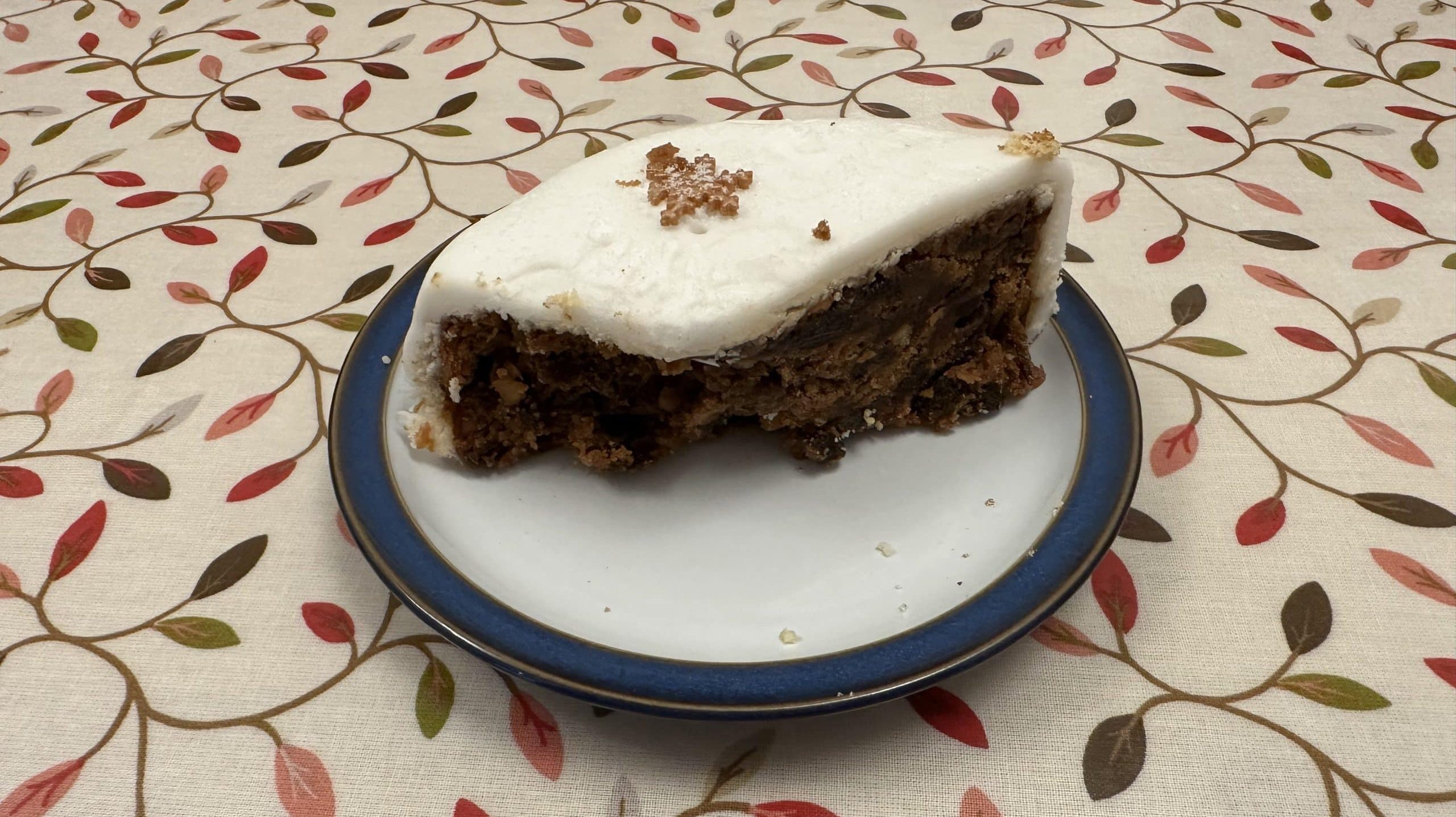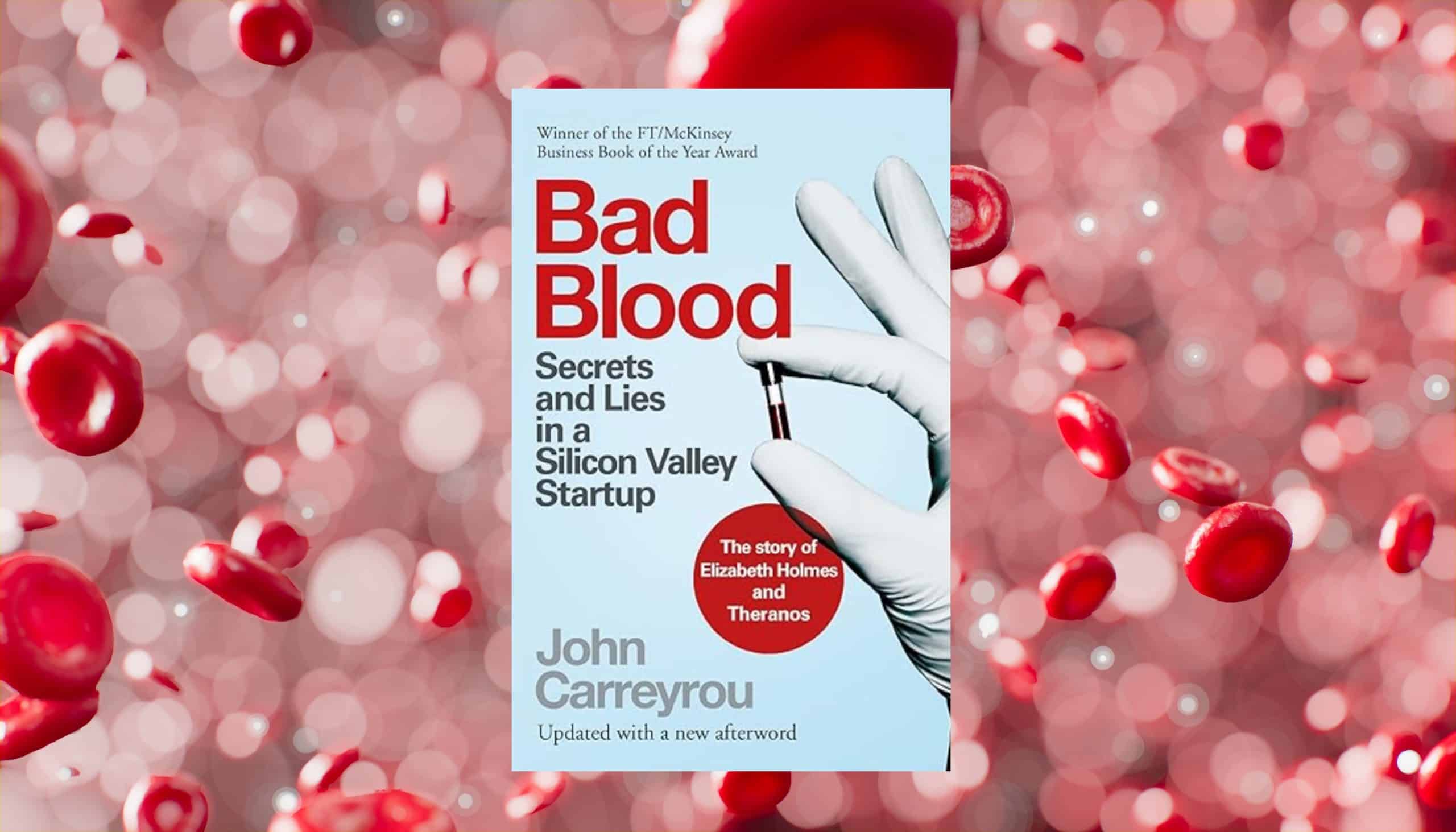
There has been something missing from the pre-Christmas buzz this year. Amidst the chatter of holiday plans and colourful clash of Christmas jumpers there is an empty space in the coffee room where Mr Jones’ cake should stand.
For more years than anyone can remember, its arrival before Christmas has been an annual event. Bound by a red ribbon, the large white box carries a handwritten dedication: ‘To Dr Lewis. Merry Christmas. Dave Jones’. Over the years the writing has become wobbly and weak, waning to a barely legible, ‘Merry Christmas’.
The crackly icing and sickly marzipan give way to a dense, rich fruit cake that yields reluctantly. I
t’s a brave person who opens the box and cuts the first slice. The crackly icing and sickly marzipan give way to a dense, rich fruit cake that yields reluctantly. It feeds the whole practice team until just before Christmas, gradually desiccating into crumbs rather than slices of enjoyment. It’s a ritual; a tradition, and this year it’s missing.
Each year when I was a child my GP mother brought home a wealth of gifts from her patients. They were an important part of our Christmas routine. As teenagers, although outwardly scoffing at Mrs Brown’s bag of hand-crocheted bed socks, we relished their warmth and the endless sliding potential they offered the wooden floor. Mrs George’s yule log was always a sickly affair and the turnips left by a grateful farmer at the practice door lingered sadly into January. But they were all marks of kindness and connection – familiar, comforting milestones along the path to Christmas.
From one year to the next the bed sock bag disappeared. Then the yule log made a final appearance. The cards declined and the wine bottles diminished to a trickle, leaving a single bottle of champagne that was enjoyed enormously each New Year’s Eve – with a grateful toast to its benefactor.
We can all sense that something more has been lost along with the presents.
The tension between the relational and transactional aspects of general practice has existed as long as the profession itself. In the 18th century, armed with few effective treatments, GPs became known for their knowledge of ‘the hereditary constitutions, habits, and temperaments of their patients’. They offered a holistic familiarity and intimacy as ‘guide, philosopher, advisor, and above all friend’.1
However, as early as 1858, fears were voiced that, ‘the old feeling of a family doctor – familiar, kindly welcoming face that has presided through generations at births and deaths; the old friend who bears about and keeps sacred deadly secrets and who knows the kind of stuff his flock is made of; all this sort of thing is greatly gone’.2 They are concerns reiterated repeatedly by subsequent generations with Clare Gerada bemoaning in 2022 how ‘detached’ she had become from her patients.3-5
The wonder of uncovering the chapters of a life and playing a part in the subsequent story has been forced to give way – or at least coexist with – the pursuance of financially incentivized tasks and targets.
The progressive march of rational empiricism, astounding medical discoveries, and technological invasion has refocused the GP’s gaze away from the person before them. The wonder of uncovering the chapters of a life and playing a part in the subsequent story has been forced to give way – or at least coexist with – the pursuance of financially incentivized tasks and targets.
However, as the declining presents remind us, the security of longterm relationships and the vulnerability they demand for meaningful connection have an immeasurable value. ‘Doing’ more can only compensate so far – no matter how rapid the access or how many targets are met. The UK public deserve an honest discussion about the losses they are currently incurring.
In a world of immediacy and impermanence, my two cards and lonely box of chocolates earn a particular significance. They emphasise the humanity that is still possible in General Practice despite the need to count, measure, and capture everything – a connection particularly poignant at Christmas. They emphasise the value of continuing, as Eric Norrell entreats us, to ‘understand your patients if you can; love them if you must; but for Heaven’s sake, notice them’.6
We will have to see what confectionary delights next Christmas holds but whatever it offers, we will continue to mourn Mr Jones’ cake!
Author’s note: Mr Jones was a real patient, now deceased. The other patients (also decreased) too did all exist to some extent (fictionalised by time and fading memory).
References
1. Loudon I. The concept of the family doctor. Bulletin Hist Med 1984;58(3):347–62.
2. Browne KaF, P. . The Doctor-Patient Relationship. London 1967.
3. Fernandez Clarke J. Autobiographical Recollections. London 1874:p66.
4. Batten L. ‘The medical adviser’ the James Mackenzie Lecture of the Royal College of General Practitioners for 1960. Practitioner 1961;186:102-12.
5. Gerada C. In my 30 years as a GP, the profession has been horribly eroded. The Guardian 2022
6. Norrell J. Uses and abuses of the consultation. In: Elder A, Oliver, S. , ed. While I’m here, doctor. London: Tavistock 1987.
Featured image: ‘Christmas cake,’ taken by Andrew Papanikitas, January 2024








